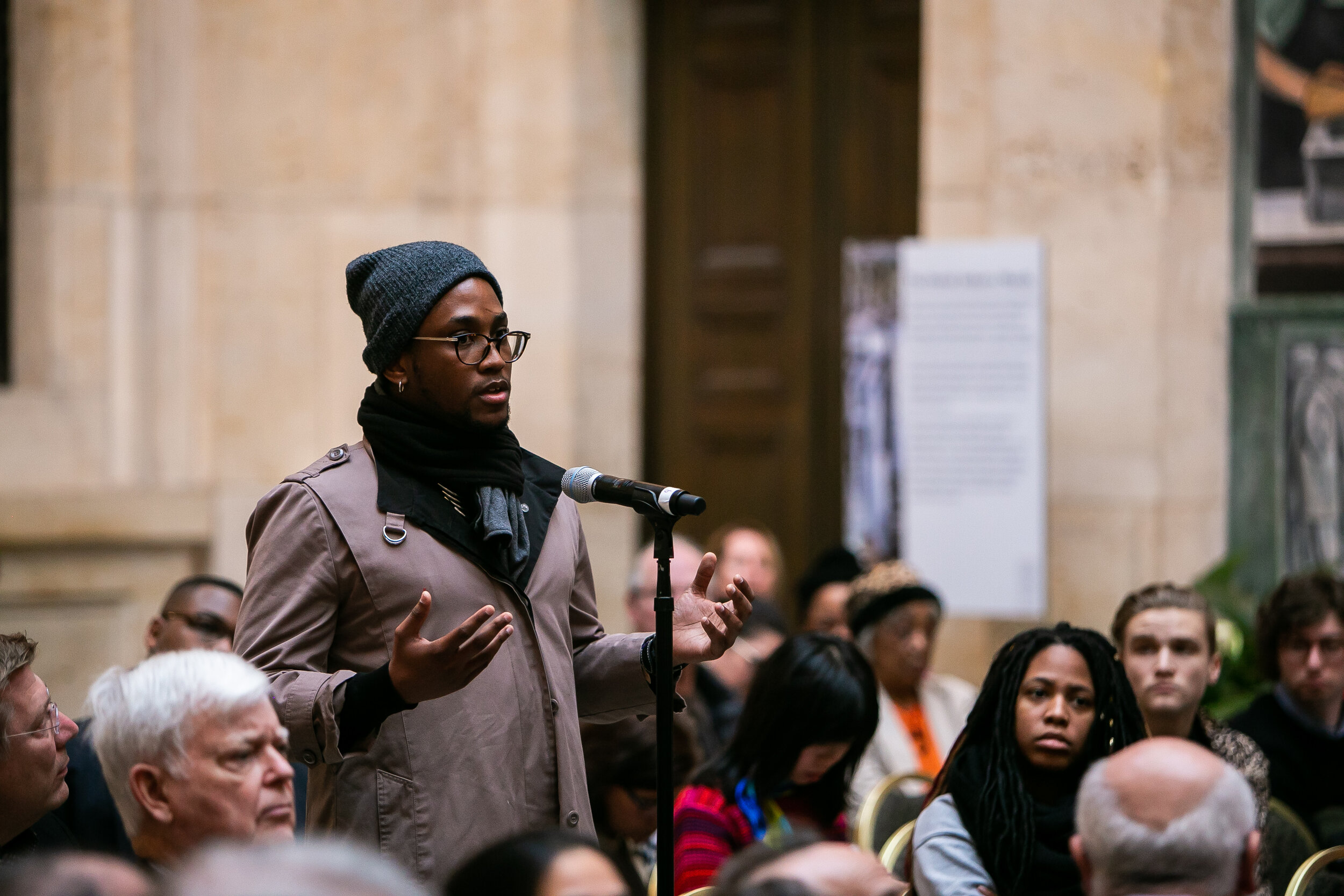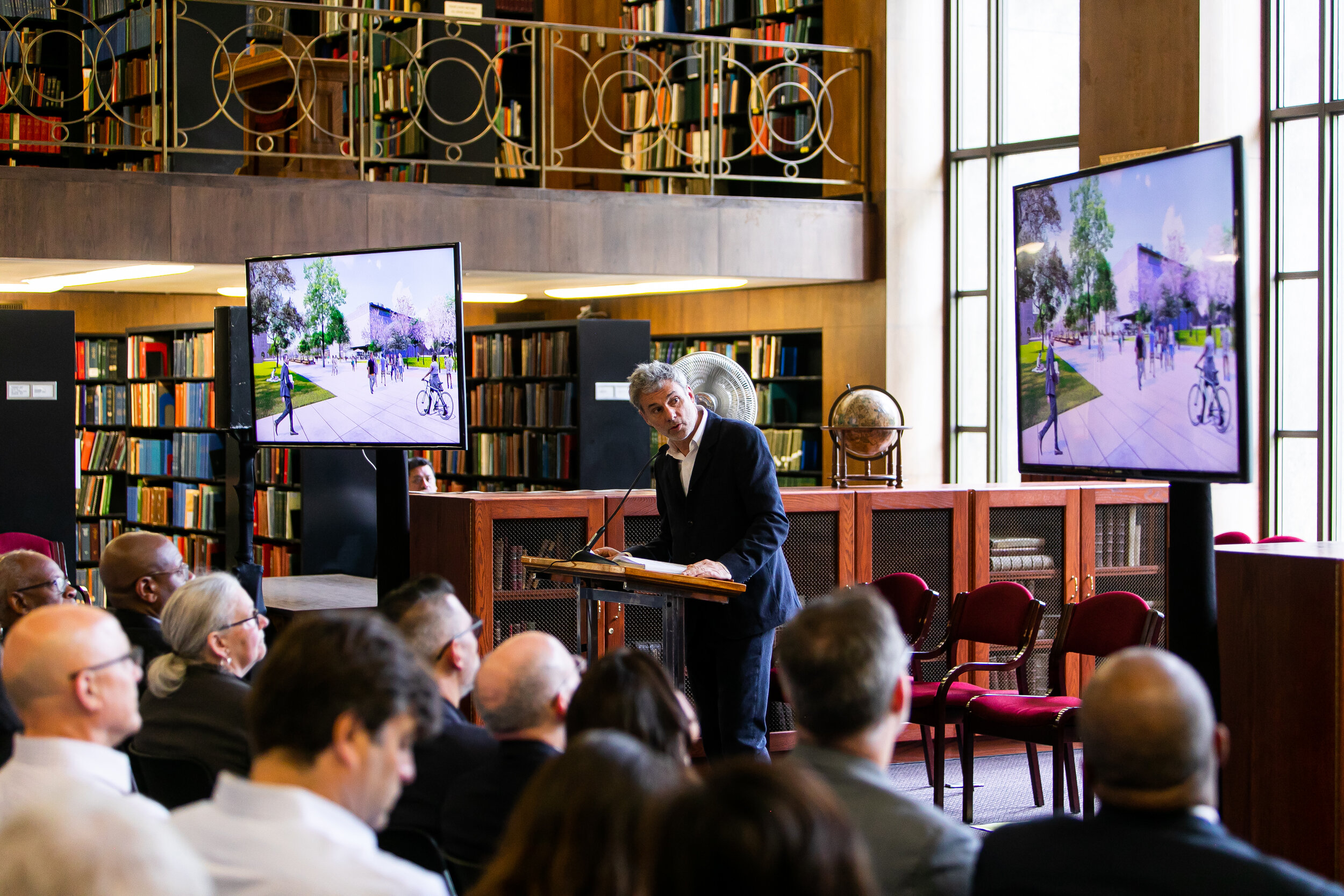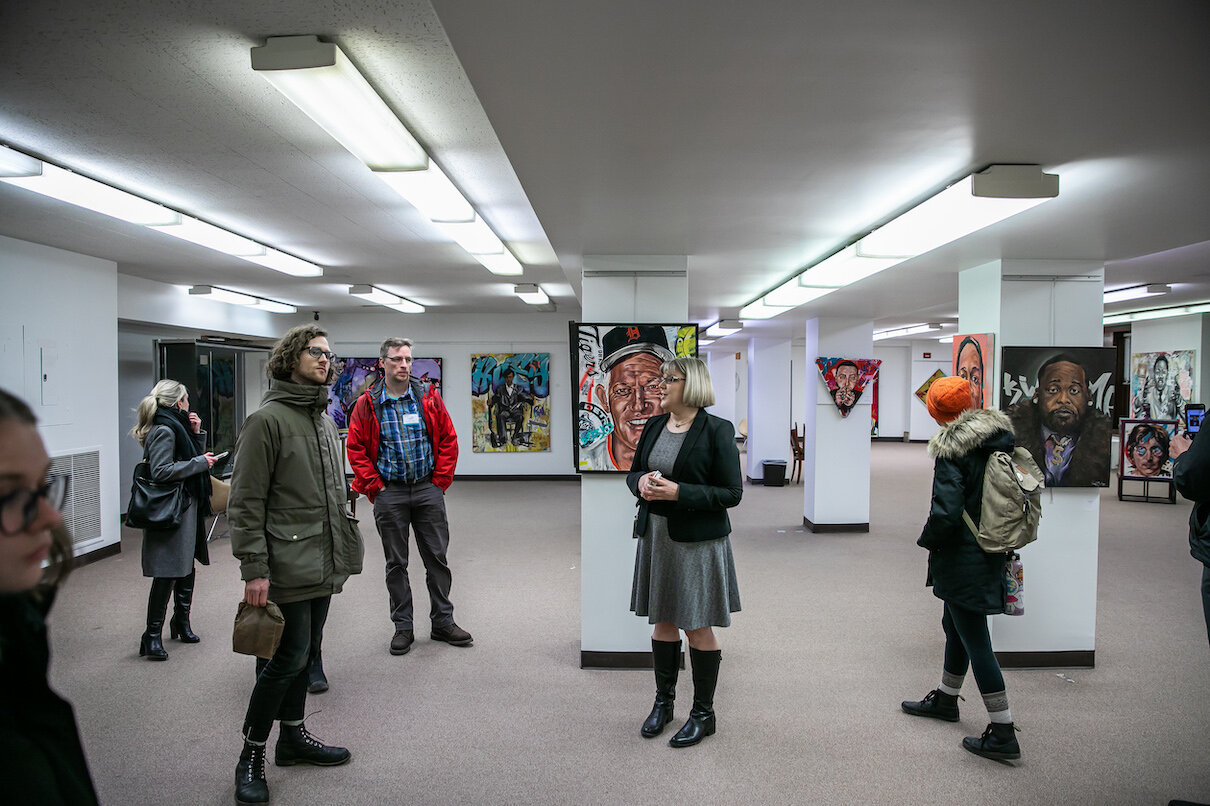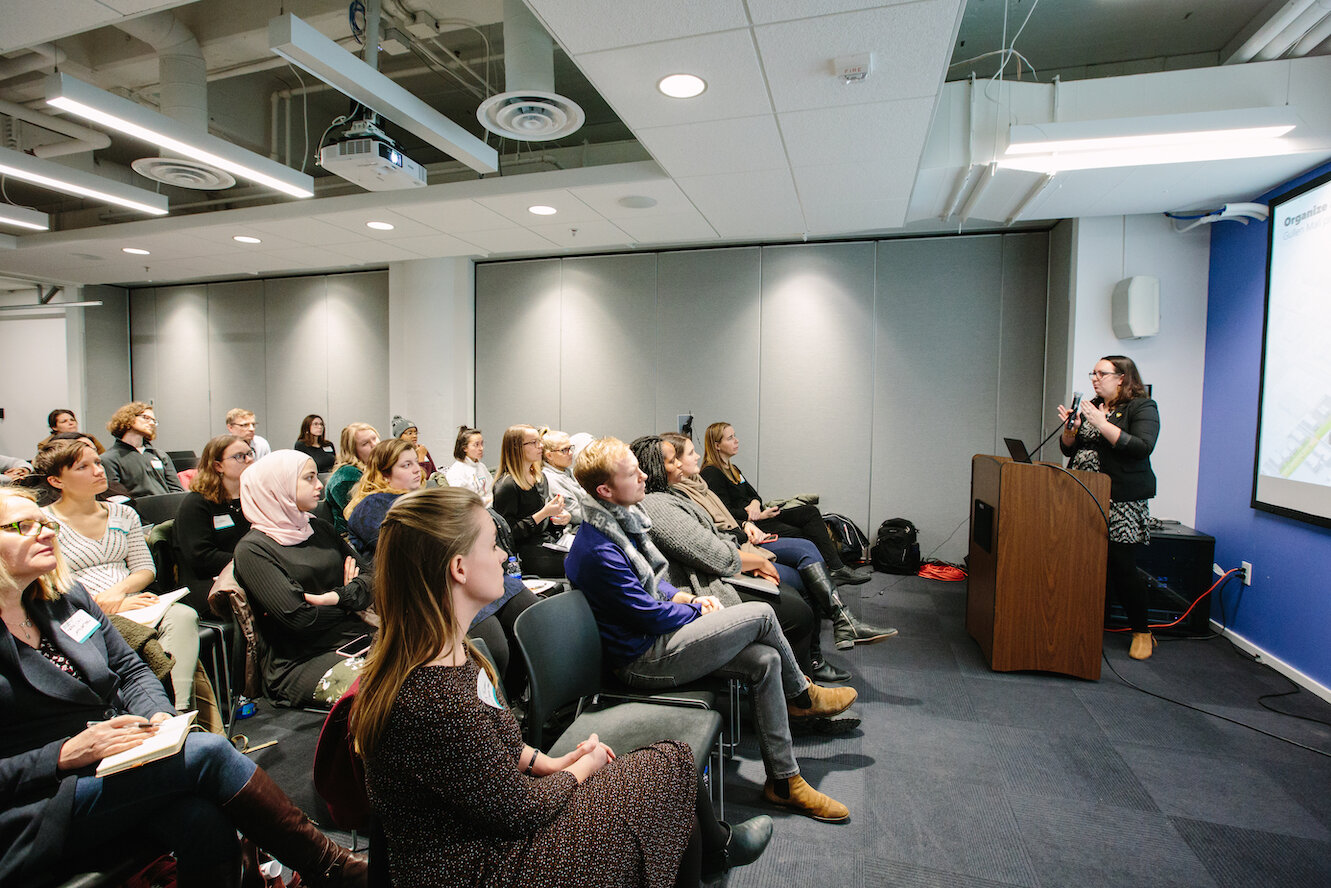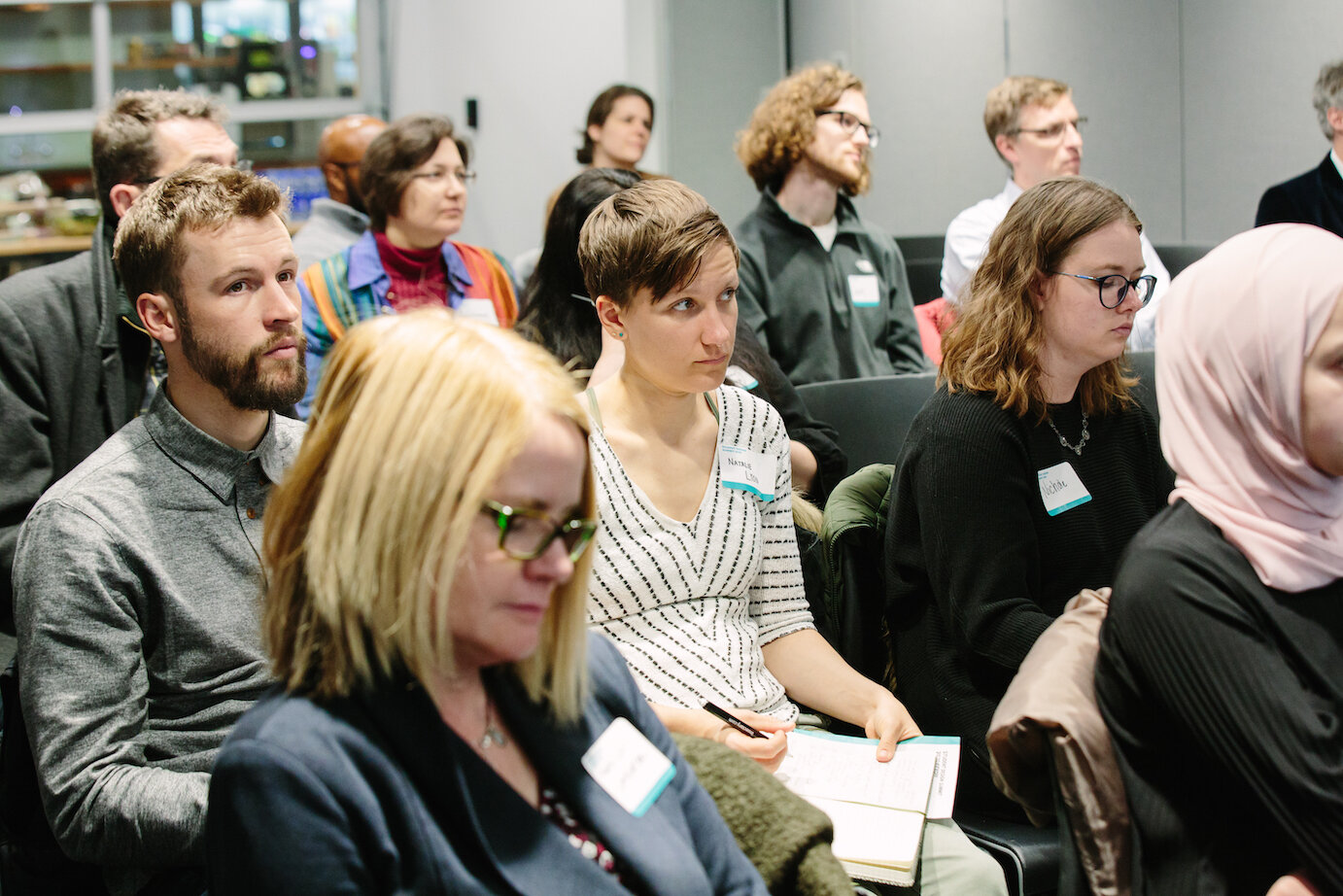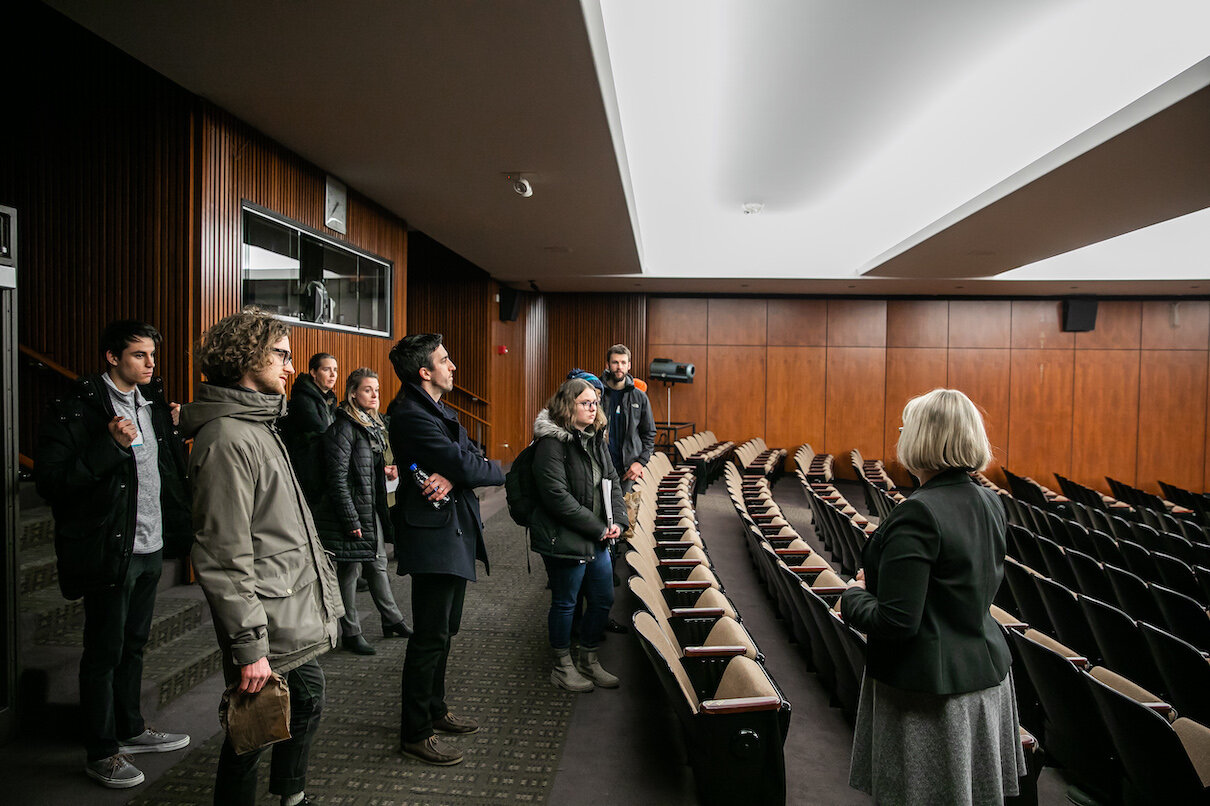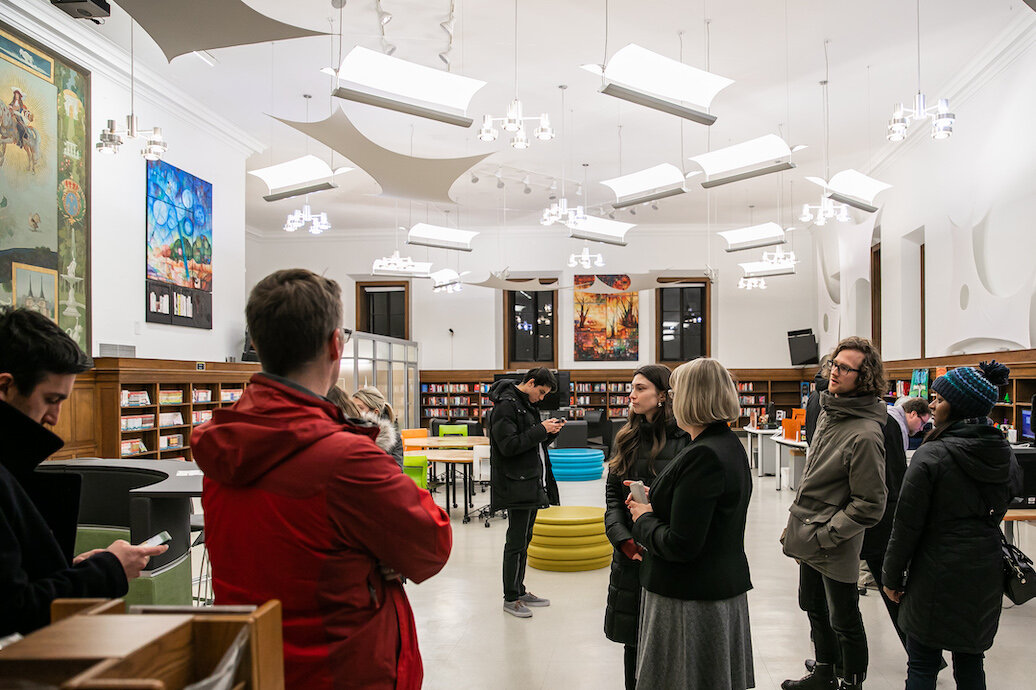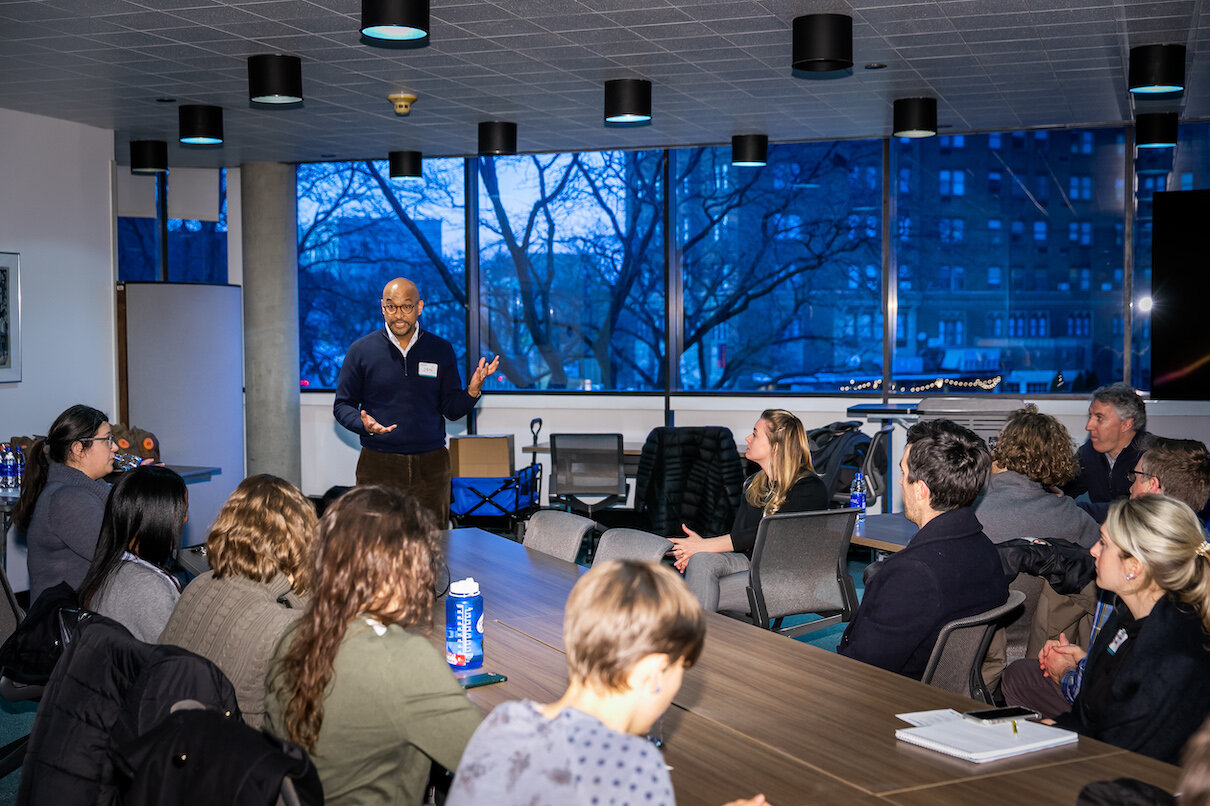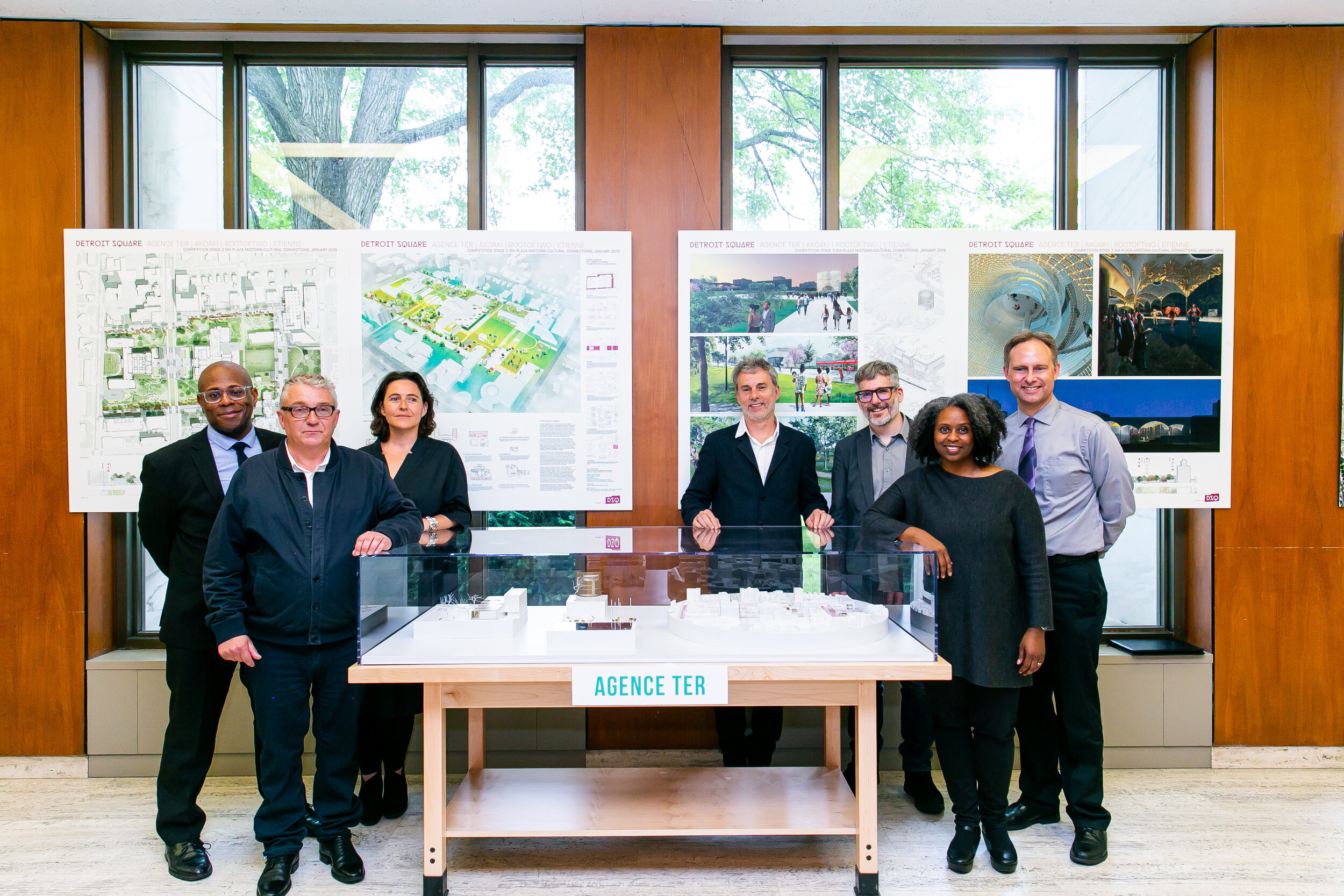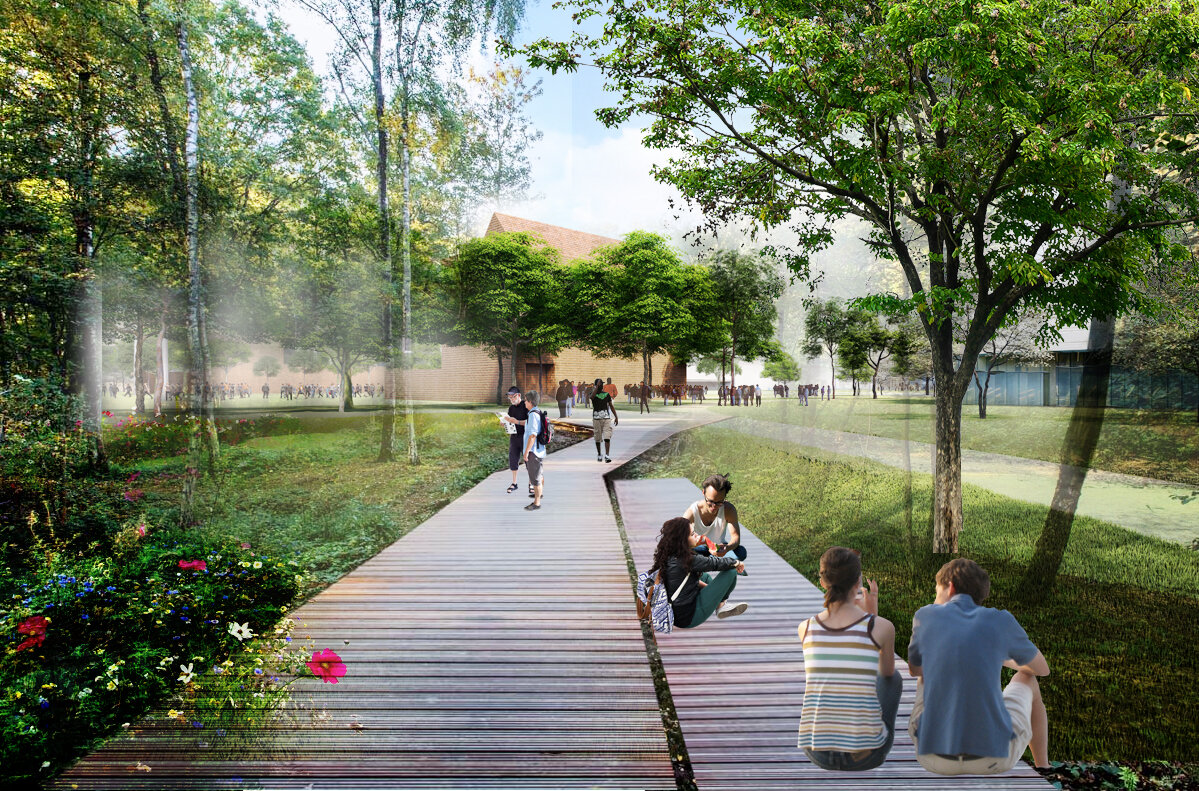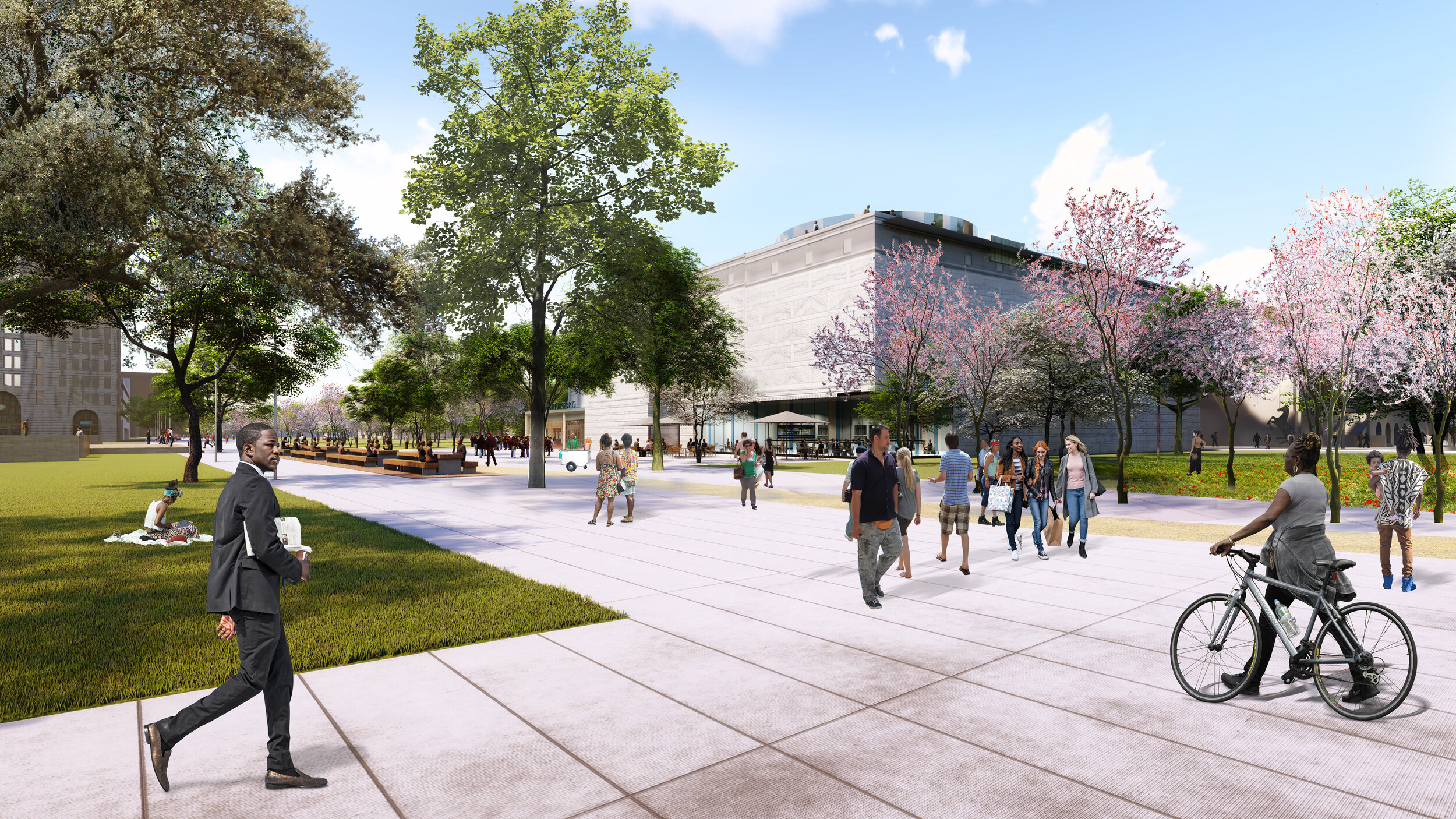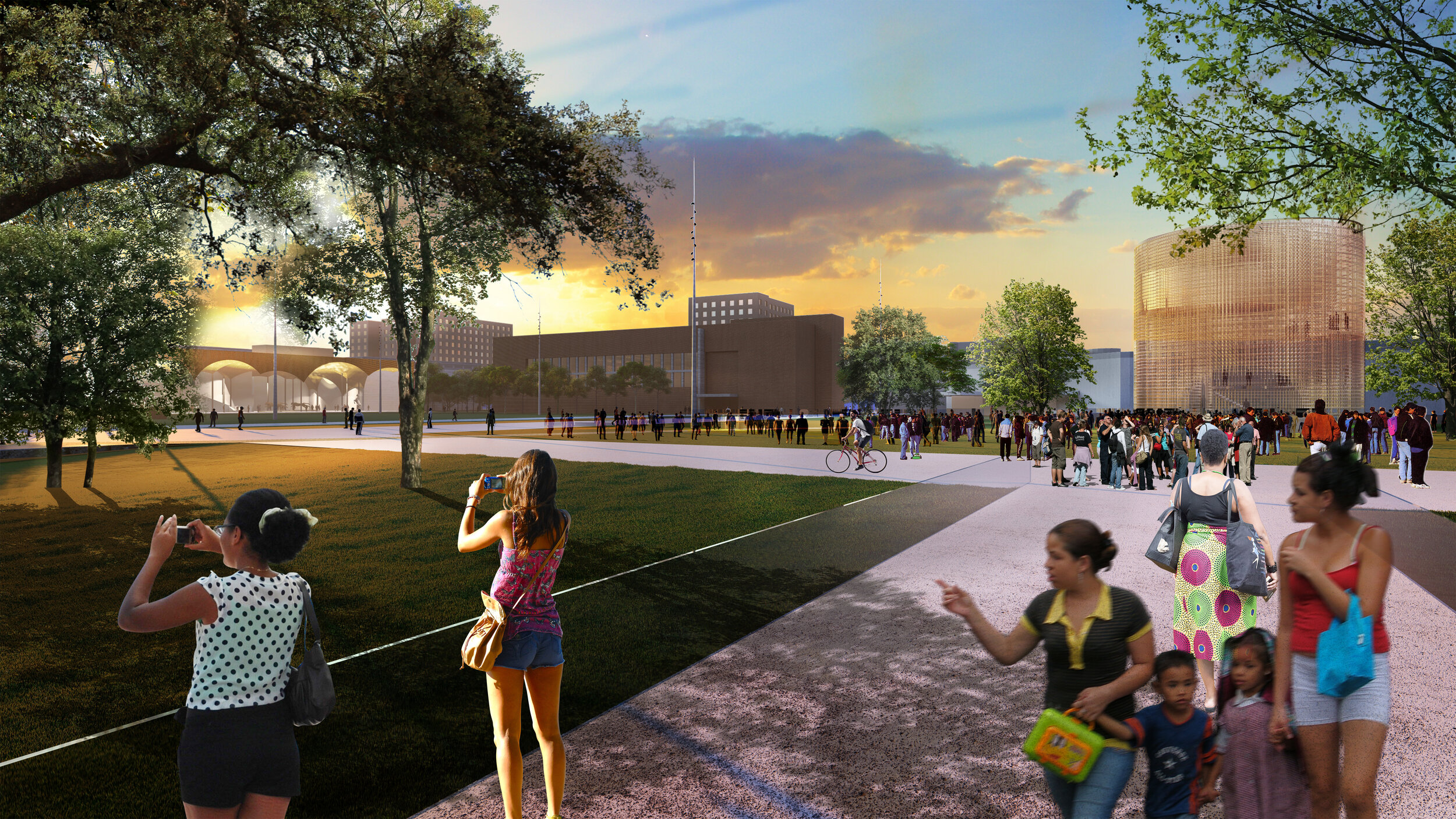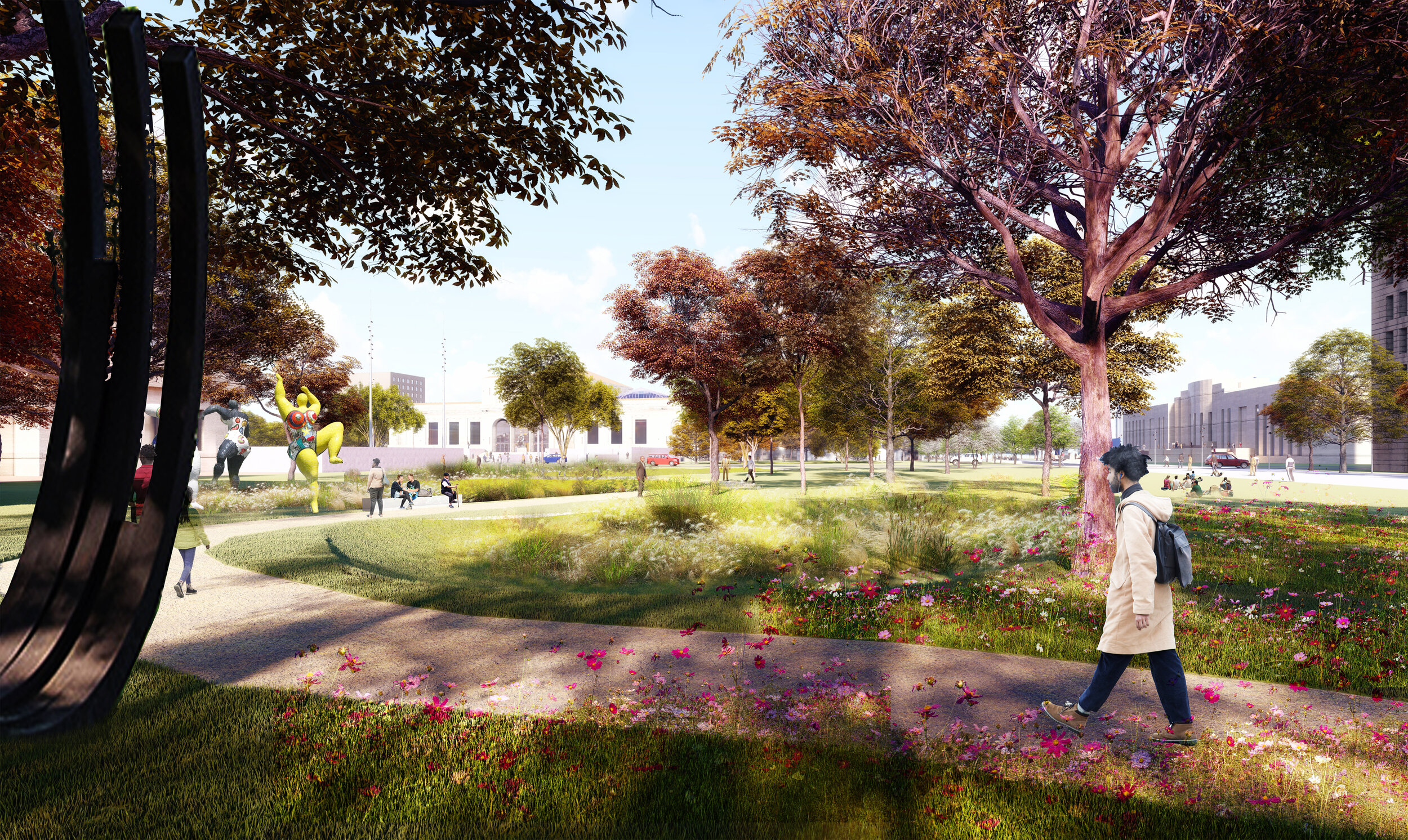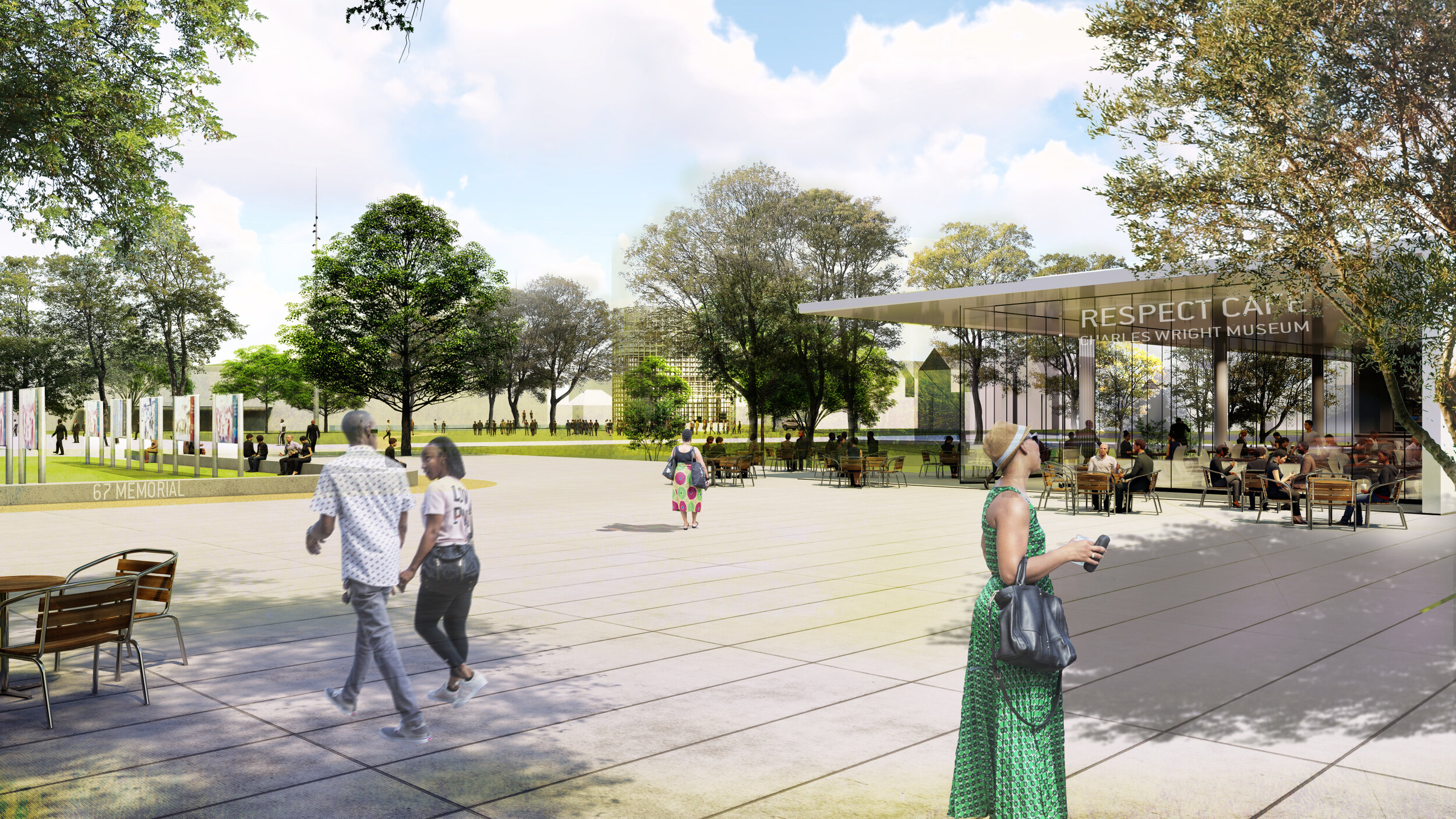Salvador Salort-Pons
Director, President and CEO, Detroit Institute of Arts
Salvador Salort-Pons joined the Detroit Institute of Arts’ (DIA) curatorial division in 2008 as assistant curator of European paintings and served as head of the European art department since 2011, adding the role of executive director of Collection Strategies and Information in 2013. He also served as the Elizabeth and Allan Shelden Curator of European Paintings at the DIA and played a key role in the museum’s current strategic planning process. Salort-Pons was appointed director, president and CEO in October 2015, succeeding Graham W. J. Beal, who retired as director on June 30, 2015. With the tri-county millage in place and the City of Detroit’s bankruptcy successfully completed, Salort-Pons strongly believes the DIA is poised to move forward in engaging the museum’s local and regional communities as well as advancing its international profile. Ultimately, he envisions the DIA as the main square of the community where all will be welcomed, represented and united.
You can read more about Salvador here.
Maurice Cox
Director, Planning + Development Department | City of Detroit
Maurice Cox served as Mayor of Charlottesville from 2002 to 2004. He was an architect on the faculty of the University of Virginia. Cox is a former design director at the National Endowment for the Arts and a two-term City Councilor. In August 2012, Cox left Charlottesville for New Orleans, where he accepted the position of associate dean of community engagement at the Tulane University School of Architecture. In February 2015, he was named as director of planning and development for the city of Detroit.
You can read more about Maurice here.
Jonathan Massey
Dean, Taubman College of Architecture + Urban Planning | University of Michigan
Architect and historian Jonathan Massey is dean and professor at the Taubman College of Architecture and Urban Planning at the University of Michigan. In his previous position as dean of architecture at California College of Arts, his primary responsibility was for the vision, leadership, and administration of the CCA Architecture Division, which includes three accredited programs in architecture and interior design. At Syracuse University, he was the Laura J. and L. Douglas Meredith Professor for Teaching Excellence, where he chaired the Bachelor of Architecture program and the University Senate.
Massey holds undergraduate and doctoral degrees from Princeton University as well as a Master of Architecture degree from UCLA. His professional training includes practice experience at Dagmar Richter Studio, Brantner Design Associates, and Gehry Partners along with teaching experience at Barnard College, Parsons School of Design, Pratt Institute, and Woodbury University. In addition, he was a co-founder of the Transdisciplinary Media Studio and the Aggregate Architectural History Collaborative, which focus on the ways that history and practice of architecture and urbanism are understood and taught.
You can read more about Jonathan here.
Mario Moore
Artist
Mario Moore (b. 1987) is a Detroit native, currently residing in New York City. Moore received a BFA in Illustration from the College for Creative Studies (2009) and an MFA in Painting from the Yale School of Art (2013). He has participated as an artist-in-residence at Knox College, Fountainhead residency and the Albers Foundation. Moore’s work has afforded him many opportunities—from multiple exhibitions and featured articles including the New York Times. A few places his work has been exhibited include the Charles H. Wright Museum, George N’Namdi Center for Contemporary Art and the Detroit Institute of Arts. Some of his solo show exhibits have been seen at Winston-Salem State University’s Diggs Gallery and The Urban Institute of Contemporary Art. His work was also included in the Studio Visit Volume 31 (2015) and the Studio Museum in Harlem’s catalog, Speaking of People: Ebony, Jet and Contemporary Art (2014).
Visit Mario’s website here.
Juanita Moore
Former Jury Member
Former President + CEO | Charles H. Wright Museum of African American History
Juanita Moore retired from the Charles H. Wright Museum of African American History in July 2018. You can read more about her retirement here. Jo Anne Mondowney, Executive Director of the Detroit Public Library, replaced her on the Jury.
Juanita Moore was the President & CEO of the Charles H. Wright Museum of African American History (Detroit, MI), the largest museum of its kind in the nation. Prior to assuming that post, she served as Executive Director of the American Jazz Museum and the Gem Theater located in the 18th & Vine Historic District (Kansas City, MO). Dr. Moore served as founding Executive Director of the National Civil Rights Museum (Memphis, TN). In that capacity, Dr. Moore oversaw the construction and opening of the museum located at the Lorraine Motel, the site of the assassination of Dr. Martin Luther King Jr.




